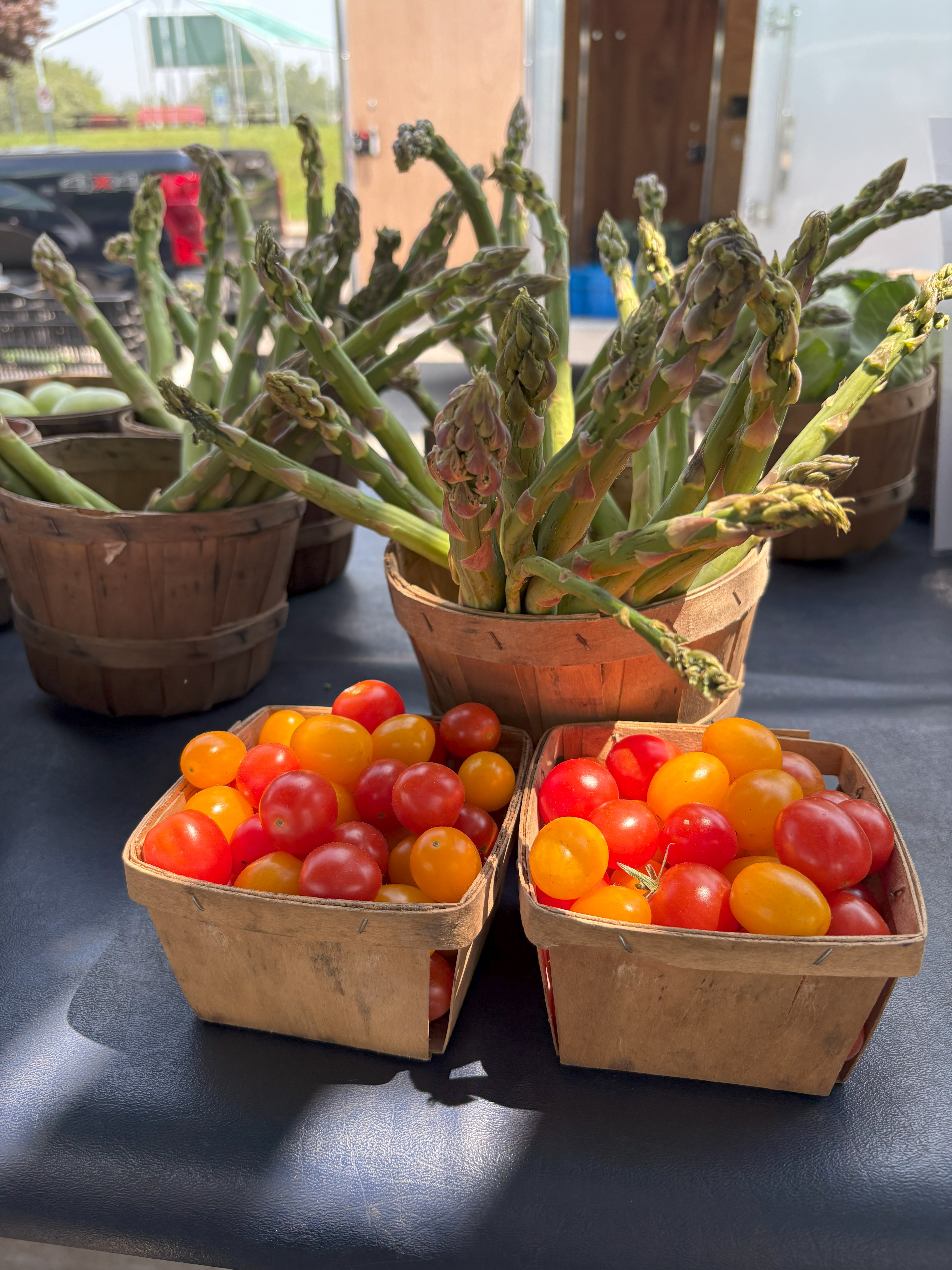Sourcing Michigan-grown ingredients for your business
Increase sales through these practical tips.

Michigan is the second most agriculturally diverse state in the U.S. behind California; however, we have a key advantage over the West Coast – a plentiful supply of fresh water. Michigan is a leading producer of many crops including apples, asparagus, cherries, cucumbers and squash. In fact, Michigan is a top ten producer of 27 crops, as highlighted by Matt Mencarini for the Lansing State Journal.
The National Restaurant Association continues to publish reports touting the demand for locally grown ingredients from consumers. Sourcing locally not only supports local farmers and the local economy, but it is good for business as well. In the article “Census of Agriculture Reveals the Promise of Regional Food Systems,” the National Sustainable Agriculture Coalition highlights that the number of farms reporting sales of processed or value-added products increased 13% from 2017 to 2022, while the value of those goods increased 42%.
Business owners often don’t know where to start to source locally grown ingredients. One of the best places to start meeting farmers is the local farmers market. When talking with farmers, business owners should ask about wholesale pricing and/or pricing on “seconds,” which are produce that are less than perfect based solely on appearance. Business owners should also ask about the availability of each crop. It is wise for business owners to have multiple sources of local ingredients to ensure adequate supply. A graphic showing Michigan’s crop availability can be found here. Guidelines from the Michigan Department of Agriculture and Rural Development on sourcing local ingredients can be found by visiting their website.

Another option for sourcing local ingredients is from a local food hub. The list of Michigan food hubs can be found here. Food hubs distribute locally grown ingredients to all types of buyers – retail stores, restaurants, food processors – and some deliver directly to consumers at their homes. MarketMaker is an online resource that can be used to locate local ingredients, along with this online local ingredient guide from Taste the Local Difference. Schools, colleges and hospitals can find a helpful guide from the MSU Center for Regional Food Systems on sourcing Michigan products.
Some food distribution companies source locally grown ingredients in season. Business owners can speak with a sales representative to learn more about this option. Meat, bread, eggs, dairy products and cheese can usually be sourced locally all year round. Crops with a short season can be preserved through freezing or canning to extend the season. For information on freezing or canning visit canr.msu.edu/food_preservation.
MSU Product Center
Michigan State University Extension and the Michigan State University Product Center assist entrepreneurs and businesses in developing products and services in the food and agriculture markets. Its team of experts consults with clients on a one-on-one basis, helping new entrepreneurs navigate from concept development to launch and beyond. The MSU Product Center also offers specialized services such as labeling, packaging, and nutritional analysis. If you are interested in business counseling from the MSU Product Center, please visit our website.



 Print
Print Email
Email



